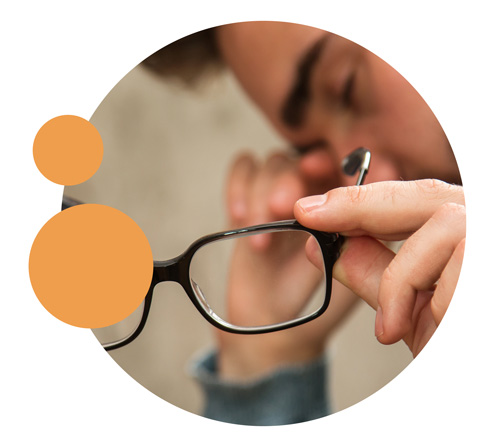Dr Ring explains the conditions that he looks for that may affect his treatment recommendation
Discover more about this condition and how to treat it
Discover if you could be free from glasses and contacts
Everyone deserves a life free from glasses and contacts, but not everyone is suitable. The best way to find out if vision correction is right for you is to book a free laser assessment. You’ll get a clear and honest answer on your suitability and treatment options.
Discover if you could be free from glasses and contacts
Everyone deserves a life free from glasses and contacts, but not everyone is suitable. The best way to find out if vision correction is right for you is to book a free laser assessment. You’ll get a clear and honest answer on your suitability and treatment options.
Choose the option below that sounds most like you to discover your best solution
Give us a call to understand how your insurance can help cover your treatment
Laser vision correction options can be confusing. We’ve made the journey as straightforward as can be
Get a quick overview of everything you need to know about gaining visual freedom
Damehood for leading ophthalmologist
Damehood for leading ophthalmologist Professor Helen Danesh-Meyer – the first ever female professor of [...]
Eye Institute Annual Optometry Conference 2025
Eye Institute Annual Optometry Conference 2025 On Sunday 9th November, we held our annual optometry conference at Aotea Centre. We were blown away [...]
What Is a Droopy Eyelid?
What is a Droopy Eyelid? As we age, many of us notice changes around [...]
Follow the links below to learn more about treating short-sightedness, long-sightedness and astigmatism from authoritative sources. These links will take you off our website














